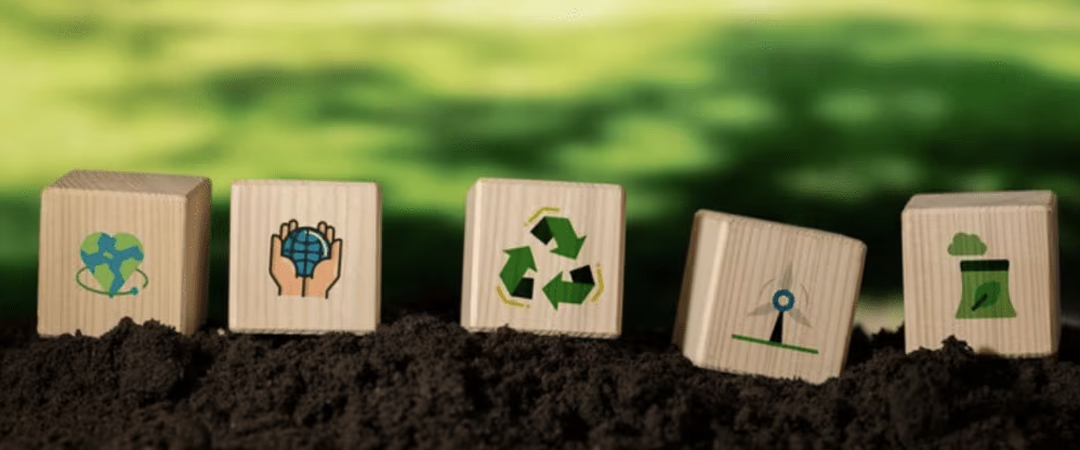


According to a study by Oxford Economics and SAP, 62% of Indian companies believe that sustainability and profitability can coexist and have a well-defined sustainability plan
The era where profit often took centre stage, overshadowing everything else the business stands for, is now a relic of the past. There is a growing conviction that true success transcends profit. Businesses are increasingly becoming aware and have started recognising that their responsibility towards the environment and society through ethical business practices is not only imperative but also a strategic advantage for growth and scalability.
Balancing people, planet and profits
Today, one of the biggest challenges that businesses face is to maintain the fine balance of growth with environmental responsibility and ethical business practices. According to a study by Oxford Economics and SAP, 62% of Indian companies believe that sustainability and profitability can coexist and have a well-defined sustainability plan. At the same time, Bain & Company has said in a new report that more than 60% of businesses surveyed in India are ‘off track’ to meet their sustainability goals.
However, the other side of the grass is much greener. History suggests that companies who have been able to balance the triple bottom line of profits, people and planet have not only been able to thrive but grow and scale and most importantly adapt faster. Some of the big examples here are Apple, Tesla, Chipotle, Ikea, Nike etc.
Companies today should look at investing in sustainable technologies and practices which help reduce the businesses’ resource consumption as well as waste generation. Businesses should also understand the complexities of regulatory bodies and ensure compliance with environmental regulations by staying updated with laws and adopting sustainable practices.
The twin pillars of people and collaboration
The UN Sustainable development Goal 8 aims to promote inclusive and sustainable economic growth, full and productive employment, and decent work for all. However, this is still a far-fetched reality. Data suggests that half of Indian companies are considered “Risky” when it comes to sustainability management.
Thus, adapting to the growing cultural change is imperative and fostering the same culture in the organisation is the need of the hour. I believe each business should foster a culture of sustainability within organisations through training, awareness programs, and employee engagement initiatives which can in turn promote ethical business practices.
I am also a firm believer that the era of businesses doing everything on their own is over. We no longer live in a time when solidarity efforts were seen as the way to go. Today, successful businesses have started seeing more significant results through collaboration. To catalyse a positive transformation especially in today’s day and age diverse stakeholders, from employees to employers, suppliers to retailers, community leaders to policymakers, and new-age start-ups to established corporations must come together. This trend is rapidly being adapted by Indian businesses which is a positive development. This will in the long term help companies to stay ahead of the competition. Companies that collaborate can create new products and services that their competitors can’t match. This allows them to differentiate themselves in the market and stand out from their competitors.
Technology for social good
If technology is applied morally and ethically, it can be a force for good like no other. Companies, especially in India can leverage the power of technology to tackle urgent social and environmental issues. In my opinion, technology such as the Internet of things (IoT), Artificial Intelligence (AI) etc can be utilized to bring about positive improvements, whether they are in the form of renewable energy solutions or sustainable business models.
According to a report by the World Economic Forum it is estimated that industrial IoT alone can add $14 trillion of economic value to the global economy by 2030. The economic value increases even more once consumer and public sector IoT are included. The report also mentions that as the converging point of several technologies of the Fourth Industrial Revolution like artificial intelligence, cloud computing or block-chain, the IoT has also tremendous potential to deliver social value.
However, to fully realise this potential, all stakeholders involved must work together to promote responsible innovation, close the digital divide, and guarantee that the advantages of new developments in technology are shared fairly, upholding social justice, privacy, and human rights.
This was featured in the Financial Express on April 22, 2024 12:07 IST